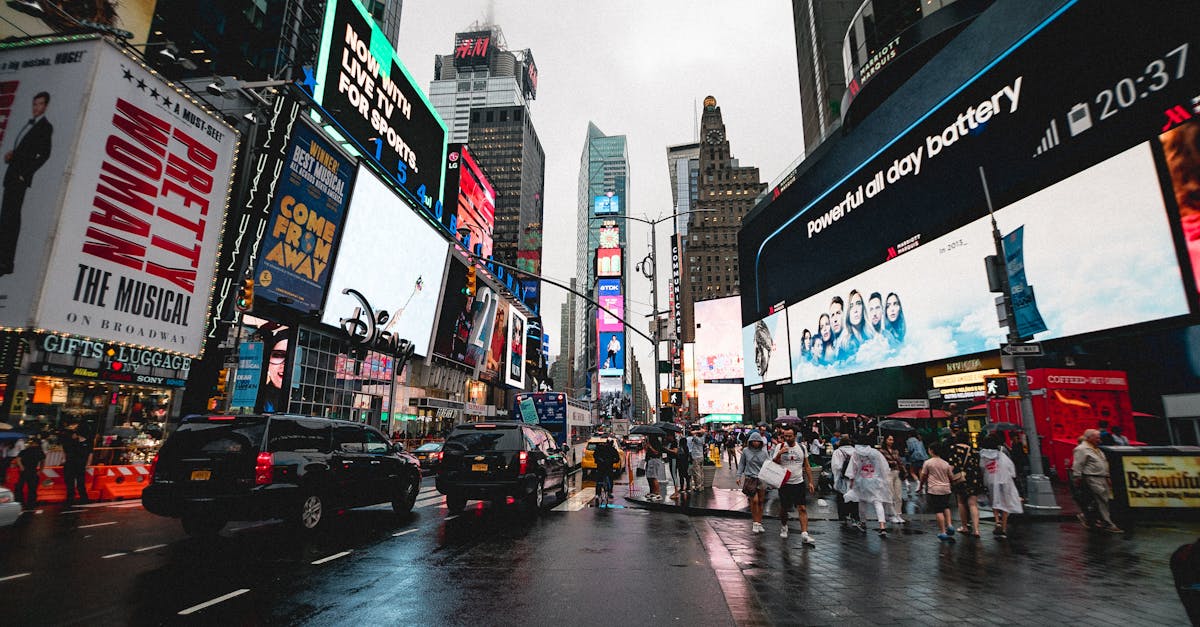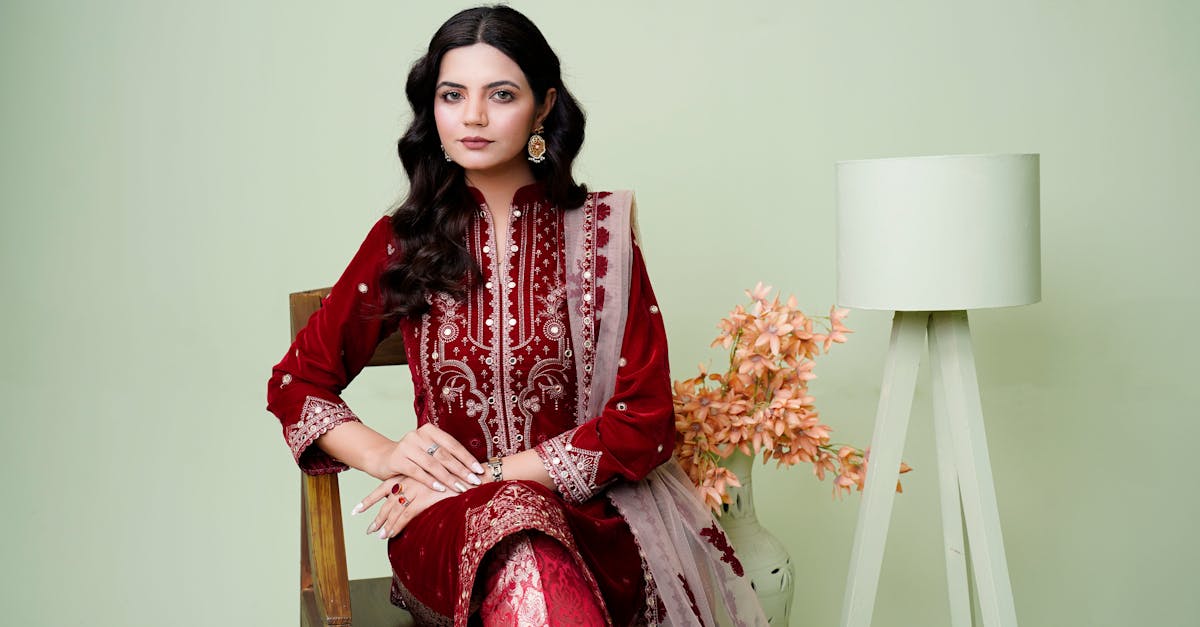Mindful Fashion Pioneers Driving Ethical Change
Introduction to a Fashion Revolution
The world of fashion, long criticized for its environmental and ethical shortcomings, is undergoing a refreshing transformation. Embracing the principles of mindfulness, a new wave of designers and brands is reshaping the landscape with sustainable practices. These mindful fashion pioneers are proving that glamour does not have to come at the expense of our planet. As conscientious consumer demand rises, these trailblazers are leading the charge for a more ethical industry. With innovative materials, ethical labor practices, and transparent supply chains, they are crafting the blueprint for the future of fashion. Here’s how these visionary leaders are making waves in the world of mindful fashion.
Advertisement
The Birth of Mindful Fashion
The concept of mindful fashion emerged as a response to increasing awareness about the harmful impact of traditional garment production. Environmental catastrophes, such as the Rana Plaza disaster, highlighted the urgent need for change. Designers began to envision a fashion industry that prioritized sustainability, aligning with global movements toward environmental consciousness. The pioneers in this field sought to challenge the status quo, using fashion as a platform to advocate for ecological responsibility. Their goal was clear: to prove that style and sustainability are not mutually exclusive but can coexist harmoniously.
Advertisement
Sustainable Materials and Innovation
One of the defining features of mindful fashion is the innovative use of sustainable materials. This sector has seen tremendous growth, with designers exploring options like organic cotton, bamboo, and recycled polyester. The advent of novel materials, such as Tencel and Piñatex, offers eco-friendly alternatives to resource-intensive fabrics. By minimizing water usage and reducing carbon footprints, these materials herald a shift towards a cleaner industry. Many mindful fashion pioneers are also advocating for slower consumption cycles, encouraging consumers to choose quality over quantity. This focus on longevity helps curtail the culture of fast fashion and reduces textile waste.
Advertisement
Transparency and Ethical Production
In the realm of mindful fashion, transparency is not just a trend but a necessity. Brands adopting ethical production practices are committed to full transparency, shedding light on every step of their supply chain. This openness allows consumers to make informed decisions, fostering a relationship built on trust. By ensuring fair wages and safe working conditions, these pioneers advocate for labor rights and equitable employment. Initiatives, such as fair trade certifications, have gained traction, offering consumers peace of mind that their purchases are ethically sound. Transparency in production not only uplifts workers but also reinforces the brand's integrity.
Advertisement
Empowering Local Artisans and Communities
Mindful fashion is not only concerned with environmental sustainability but also with social responsibility. Many brands prioritize the empowerment of local artisans and communities, fostering traditional craftsmanship while providing economic opportunities. By incorporating indigenous techniques and celebrating cultural diversity, these pioneers create unique and meaningful fashion pieces. This approach helps preserve ancient art forms while ensuring artisans receive fair compensation for their skills. It’s an initiative that benefits all stakeholders, promoting a symbiotic relationship between designers and craftspersons, revitalizing local economies, and celebrating cultural heritage.
Advertisement
Consumer Education and Awareness Campaigns
Education plays a critical role in the mindful fashion movement. Brands invest in consumer awareness campaigns to highlight the significance of ethical shopping choices. Through forums, workshops, and social media outreach, they educate the public about the environmental implications of their purchases. By promoting a deeper understanding of the fashion industry's impact, consumers are encouraged to rethink their buying habits. This enlightened consumer base actively supports brands that align with their ethical values, forming a community driven by conscientious consumption. Consequently, this shift in demand is driving mainstream brands to incorporate sustainable practices into their operations.
Advertisement
Collaborations That Drive Innovation
Collaborative efforts are pivotal in the mindful fashion movement, bringing together designers, environmentalists, and scientists. By pooling expertise, these partnerships result in groundbreaking innovations that advance sustainability in fashion. Initiatives such as zero-waste design challenges and circular fashion models are born from the synergy of diverse skill sets. These collaborations often result in eco-friendly collections that showcase both style and substance, pushing the boundaries of what sustainable design can achieve. By fostering a culture of cooperation, the mindful fashion community paves the way for continuous innovation and shared progress.
Advertisement
Technology and the Future of Mindful Fashion
Technology is a formidable ally in the quest for a sustainable fashion industry. Digital tools enable brands to optimize their supply chains, minimizing waste and streamlining production processes. Technologies like blockchain offer unparalleled transparency, allowing consumers to trace a product's journey from inception to purchase. 3D printing and artificial intelligence further the potential for innovation, reducing resource use and creating custom-fit garments with minimal waste. As these technologies evolve, the future of mindful fashion holds promise, unlocking new opportunities for efficiency and deeper commitment to sustainability.
Advertisement
Challenges and Overcoming Resistance
Despite the successes, mindful fashion pioneers continue to face challenges. Mounting production costs and consumer misconceptions about sustainable pricing pose significant hurdles. The industry also grapples with skepticism, where the authenticity of eco-friendly claims is scrutinized—often impeding progress. Addressing these challenges requires a commitment to continuous innovation and dedicated education initiatives. By establishing relationships with stakeholders and fostering dialogue, these pioneers work tirelessly to break down barriers and pave the way for broader acceptance. Their efforts demonstrate that a tenacious spirit, coupled with innovative solutions, can overcome resistance and drive meaningful change.
Advertisement
Conclusion and the Road Ahead
The mindful fashion revolution is a testament to the industry's potential for positive impact. By advocating for sustainable materials, ethical production, and consumer education, these pioneers cement a foundation for ongoing transformation. As awareness grows, so does the demand for transparency and accountability, ensuring that mindful fashion remains at the forefront of industry innovation. Although challenges exist, the commitment to creating a conscientious fashion paradigm persists, driven by the determination of visionary leaders and engaged consumers. As the movement progresses, the collective efforts of all involved will propel mindful fashion into the mainstream, reshaping the industry's future.
Advertisement








